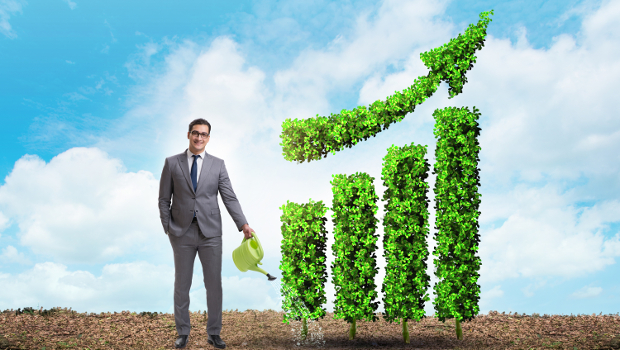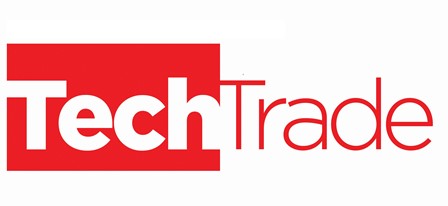
Circular economy is stuck in reverse
If there’s word that we’re starting to hear used a lot more this decade than we did in previous years, it’s ‘sustainability’.
I use the word ‘hear’ because it’s a word people like to say a lot. Whether they’re actually doing anything more than just using the word is a much bigger question. The fact is that becoming more sustainable can cost more than doing nothing, in the short term at least. Talk, however, costs the same today as it will in five years from now: nothing.
It’s a sobering thought that according to The Circularity Report 2020, launched at Davos last year, the amount of materials being reused globally fell from 9.1% in 2018 to 8.6% in 2020. “Today, for the first time ever, our global economy is consuming 100 billion tonnes of materials each year and circularity is stuck in reverse,” it says.
Anyway, on the subject of talk, there was a story on the Channelweb website suggesting that in the future channel partners may “be assessed and rewarded based on how closely they conform to the social and environmental values of their vendors”.
The article cited HP’s Amplify Impact scheme, launched last year, a partner assessment, resource and training programme based on environmental and social sustainability. Sounds impressive.
The big caveat, however – bearing in mind the pressing need to reduce carbon emissions by 45% between 2010 and 2030 and reduce the rise in global temperature by 1.5C – is that the scheme is voluntary.
In other words, despite the fine sentiments and the dire consequences of irrevocable climate change, HP appears to be telling partners that sustainability is a choice.
The argument seems to be that as suppliers apply more sustainable policies to their businesses under pressure from legislators and customers, the companies involved in their supply chain will need to fall into line with those demands.
The option to do so might appear to be voluntary but will essentially become a de facto standard for companies that wish to remain in the supply chain and satisfy the vendors and their customers.
The really interesting part of this, from a channel point of view, is that while vendors have been seeking to apply environmental best practice to different parts of their supply chain, partners haven’t been top of the list, even though they are the ones most likely to be facing the customer.
Phil Clark at Embedded IT made that point to Channelweb, arguing: “I think it will get to the stage where partners will probably be assessed on whether they are conforming to the social principles some of the vendors are pushing. We’re not there yet, but I think it’s coming.”
Which is strange when you think about it. Partners should be the ones coming under the most pressure to be more sustainable because they’re the ones who represent the vendor to the customer. But they don’t seem to be.
Advocacy role
The good news from a channel point of view is that partners can play a very important and valuable role in encouraging sustainability. And if they do adopt best practices they can replicate them across all the products and services they sell. Subject to vendors conforming to those standards in the first place, obviously.
One of the potential problems for channel partners is if a longstanding vendor relationship ends up being undermined by a manufacturer’s poor or laggard environmental practices.
In those instances, brand loyalty from the partner – and the customer – to a vendor will need to be re-evaluated and recalibrated against the manufacturer’s sustainability practices. Partners could suffer split loyalties between the best interests of sustainability and the preservation of their vendor relationship.
By the same token, channel partners could find themselves in a position to make sustainability and environmental issues an important consideration in their choice of vendor. By extension, they could help customers do that too.
All of which is to say that while adopting sustainability practices may be voluntary for channel partners at the moment, it might be a good idea to do so sooner rather than later because they are likely to become a very important part of who they are – and what they do – in the future.
Like what you see?

Ireland’s ONLY dedicated news feed for the distribution and retail channel.
Our editorial mix includes channel news, trend analysis, Deals Done, regular ‘Channel Chat’ interviews and strategic product focuses. This is a vital medium through which the technology channel can network and identify new business opportunities.
Want more?








Subscribers 0
Fans 0
Followers 0
Followers